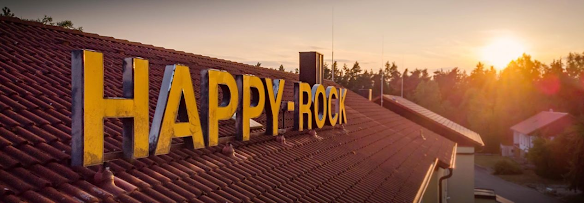Residents of Smithville, Missouri, are feeling the pinch of escalating water bills, prompting concerns and frustrations among the community. Donna, a single resident living in a two-bedroom townhouse, expressed her dismay, stating, "Okay... my water bill is just getting out of control. What in the world is going on? I am a single person living in a 2-bedroom townhouse in Smithville. I am up to $90! It goes up like $5 every month. I can't understand why it's so high. I have not changed anything in the last 8 months. I've got one person using that much water, seriously."
Donna's sentiment is echoed by many in Smithville, including Claudia, who shared her own experience, saying, "I never pay less than $208 monthly for four people."
The rising costs of water bills in Smithville have become a topic of concern and discussion within the community. Residents are grappling with unexpected spikes in their bills, despite maintaining consistent water usage patterns. This has left many questioning the reasons behind these increases and seeking answers from local authorities.
Several factors could potentially contribute to the rising water bills experienced by Smithville residents. One possible explanation could be changes in water rates imposed by the local utility provider. Fluctuations in water tariffs, driven by factors such as infrastructure maintenance costs, upgrades, or regulatory requirements, can directly impact consumers' bills.
Additionally, aging infrastructure within the water distribution system could lead to inefficiencies, resulting in higher operational costs that are eventually passed on to consumers. Leaky pipes, outdated treatment facilities, and other infrastructure issues can contribute to water loss and necessitate costly repairs and upgrades.
Furthermore, external factors such as drought conditions or extreme weather patterns can place strain on water resources, leading to increased costs associated with water treatment and supply management. Climate change-induced phenomena like erratic precipitation patterns or prolonged periods of drought can exacerbate these challenges, further driving up operational expenses for water utilities.
While these factors may offer some insights into the rising water bills in Smithville, it is essential for local authorities and utility providers to transparently communicate with residents about the reasons behind these increases. Community engagement and collaboration are crucial in addressing concerns and exploring potential solutions to mitigate the financial burden on residents.
Efforts to invest in modernizing water infrastructure, implementing conservation measures, and exploring alternative water sources could help alleviate the strain on the existing system and potentially curb rising costs in the long term. Additionally, promoting water-saving practices among residents through education and incentives can contribute to reducing overall consumption and, consequently, lowering water bills.
Understanding the underlying factors driving these increases and fostering collaboration between stakeholders is essential in addressing the issue and ensuring sustainable and affordable access to clean water for the community.


Comments